Exploring Time Travel in Movies: A Journey Through Cinematic Time and Space
The concept of time travel has long fascinated human imagination, proving to be an inexhaustible wellspring for storytellers across various media. In the realm of cinema, time travel serves as a plot device that can unravel mysteries, explore profound philosophical questions, and captivate audiences with the endless possibilities it presents. From altering historical events to exploring alternate realities, the allure of bending time and space has given rise to some of the most iconic films in movie history.
The Evolution of Time Travel in Cinema
Time travel in cinema is as ancient as the medium itself. Early films like "A Connecticut Yankee in King Arthur's Court," released in 1921, embarked upon journeys through time with a naive sense of wonder and simplicity. However, it was H.G. Wells' "The Time Machine," published in 1895 and later adapted into films in 1960 and 2002, which laid the groundwork for cinematic explorations of time travel. Wells' narrative of travelling through time using a mechanical device became a prototype that future films would build upon, inspiring countless iterations and interpretations.
As cinema evolved, so did its portrayal of time travel. In the 1980s, the genre reached new heights of popularity with the release of "Back to the Future." This beloved franchise ingeniously blended science fiction with humor and adventure, chronicling the escapades of Marty McFly and Dr. Emmett Brown as they navigate timelines and strive to fix the past without jeopardizing the future. The film’s DeLorean, now iconic, has since become a cultural symbol of time travel, reminding us of the whimsical potential held by the genre.
Philosophical Exploration and Ethical Dilemmas
Time travel films often delve into deep philosophical inquiries and ethical conundrums. The intricacies of causality, destiny, and the self are common themes that these movies explore, challenging audiences to reflect on the very nature of time itself. Movies like "Looper" (2012) and "Primer" (2004) present complex time loops and paradoxes, often leaving viewers questioning fundamental beliefs about time and existence.
"Looper," directed by Rian Johnson, engages with ethical concerns surrounding the implications of time travel. By blending clever storytelling with heady moral questions, the film weaves a narrative that keeps audiences on the edge of their seats. On the other hand, Shane Carruth's "Primer," renowned for its low budget yet intellectually engaging script, dives into the technical and philosophical details of time travel, eliciting multiple viewings and discussions among dedicated fans to fully grasp its profound concepts.
Love Across Time
Time travel films have also explored the powerful notion of love transcending time. Richard Curtis's "About Time" (2013) is a charming romantic comedy that offers a unique take on time manipulation, focusing on personal relationships rather than epic adventures. The film follows Tim Lake, who learns that he possesses the ability to travel to the past and make adjustments in his life. As he navigates the complexities of love, family, and happiness, "About Time" emphasizes the emotional and personal aspects of time travel, posing questions about how one might use such a power in the pursuit of a meaningful life.
Similarly, "The Time Traveler's Wife" (2009) tugs at heartstrings by exploring a love story complicated by involuntary time jumps. Directed by Robert Schwentke and based on Audrey Niffenegger's novel, the film illustrates the bittersweet challenges faced by Clare and Henry as they try to maintain a normal relationship amidst the unpredictable nature of time travel.
A Canvas for Endless Possibilities
Time travel films offer a canvas for filmmakers to unleash their creative spirits, often leading to visually stunning and thought-provoking narratives. Christopher Nolan's "Tenet" (2020) is a testament to the innovative ways in which time travel can be visually represented on screen. Renowned for its mind-bending exploration of time inversion, "Tenet" pushes the boundaries of visual storytelling, inviting audiences to ponder the structure of time and reality itself.
Likewise, the Japanese animated film "Your Name" (2016), directed by Makoto Shinkai, elegantly traverses through time and space to tell an emotionally resonant story. The film combines stunning animation with a heartwarming tale of connection across timelines, reminding us that the power of cinema lies in its ability to convey complex concepts with emotion and imagination.
Cinema continues to experiment with the concept of time travel, constantly pushing the envelope of creativity while sparking introspection and wonder in its audiences. As technology advances, the potential for time travel narratives expands, offering endless opportunities for filmmakers to surprise and intrigue viewers.
The Impact of Time Travel on Narrative Structure
One of the most fascinating aspects of time travel in movies is its ability to transform traditional narrative structures. By manipulating time, filmmakers can construct nonlinear storylines that defy conventional chronology, engaging audiences in unique and often disorienting ways. Quentin Tarantino’s "Pulp Fiction" (1994), while not a traditional time travel film, cleverly plays with time sequences to create a mosaic of interconnected stories, illustrating the potential of temporal manipulation to enhance storytelling.
In more traditional time travel narratives, the element of time allows for intricate plot twists and reveals. Films like "Source Code" (2011) and "Edge of Tomorrow" (2014) masterfully utilize time loops to build tension, placing their protagonists in scenarios where they must repeatedly relive events to solve a problem or achieve a goal. These looping timelines create an intense narrative rhythm, compelling viewers to piece together the puzzle alongside the characters.
Alternate Realities and Parallel Universes
The exploration of alternate realities and parallel universes is another dimension where time travel films can shine. By transcending the limitations of a single timeline, these movies invite audiences to envision "what if" scenarios that explore diverging paths and the infinite possibilities that arise from small changes in the past. This subgenre often delves into existential questions about identity and existence, prompting viewers to consider the roads not taken.
"Sliding Doors" (1998) provides a poignant example of how a single moment in time can lead to vastly different outcomes. Through parallel storylines, audiences witness the life of the protagonist, Helen, unfold in two distinct paths based on a seemingly trivial event—catching a train. This film underscores the fragility of decisions and the ripple effects that tiny choices can have on the trajectory of one’s life.
Similarly, "Mr. Nobody" (2009), directed by Jaco Van Dormael, navigates an intricate tapestry of timelines and alternate realities, centering on a protagonist whose life branches into multiple paths dictated by pivotal decisions. The film delves into philosophical reflections on choice, chance, and the nature of reality itself, enveloping viewers in a kaleidoscope of narrative possibilities.
Time Travel as a Tool for Historical Reflection
Time travel films also serve as powerful instruments for historical reflection, offering stories that allow characters—and audiences—to engage with significant moments in history. Through time travel, filmmakers can explore how temporal shifts might alter the course of major historical events, prompting thought-provoking questions about causality and determinism.
Steven Spielberg’s "Back to the Future Part II" (1989) exemplifies this by presenting a sequence in which protagonist Marty McFly travels to the past and inadvertently creates an alternate present dominated by corruption and chaos. Through this imaginative lens, the film provides a satirical commentary on the contemporary era while prompting viewers to consider the societal impact of historical events and trends.
In a more somber vein, "12 Monkeys" (1995), directed by Terry Gilliam, presents a dystopian vision where a time traveler, portrayed by Bruce Willis, is sent back to prevent a pandemic that has decimated humanity. The film balances thrilling suspense with a poignant exploration of how historical foresight and hindsight might reshape our understanding of the present.
Scientific Limitations and Creative Freedoms
While time travel movies revel in the fantastical, they often encounter the challenge of balancing scientific plausibility with narrative creativity. Concepts like wormholes, time loops, and paradoxes are rooted in theoretical physics yet require suspension of disbelief to fully embrace their cinematic representations.
Many films thrive in this space, utilizing time travel concepts as narrative devices rather than adhering strictly to scientific rationale. Christopher Nolan’s "Interstellar" (2014) boldly incorporates real astrophysical theories and expert consultation to craft a scientifically grounded yet emotionally stirring time exploration. It envisions space-time as a canvas where human emotions play out on a cosmic scale, demonstrating that even scientifically ambitious films can infuse creativity into their storytelling.
Conversely, movies like "Hot Tub Time Machine" (2010) fully embrace whimsical absurdity, presenting a comedic take on time travel that opts for entertainment value over scientific rigor. These films highlight the genre's versatility, demonstrating that time travel can be wielded for both profound narratives and lighthearted escapism.
As we continue to explore time travel in cinema, it is the interplay between scientific wonder and boundless creativity that keeps audiences enthralled. Whether depicting complex multiverses or personal journeys described through the lens of love and loss, the enduring allure of time travel affirms its role as a cornerstone in the ever-expanding tapestry of cinematic storytelling.
Time Travel and Cultural Storytelling
Beyond the realms of science fiction and fantasy, time travel in films also serves as a reflection of cultural storytelling, offering a lens through which different societies can address their unique perspectives, traditions, and philosophies. Filmmakers around the world have employed time travel as a narrative tool to explore cultural identity, historical legacies, and communal memory, enriching the genre’s diversity.
The 2006 Mexican film "The Legend of the Nahuala" creatively integrates time travel with folklore, transporting viewers to colonial-era Mexico. Through enchanting visuals and mythical storytelling, the film delves into the intersection of history and legend, using time travel to traverse cultural heritage. Such films emphasize that time travel is not merely a Western-centric concept but a universal narrative device that resonates across different cultural landscapes.
Moreover, South Korean cinema has increasingly embraced time travel as a means to address themes of love, revenge, and redemption. Films like "Il Mare" (2000) use an ethereal approach to time-bending romance, where characters' correspondences happen two years apart, allowing for a poignant exploration of connection beyond temporal constraints. This highlights the cultural importance placed on fate and emotional bonds in Korean storytelling.
The Role of Technology in Time Travel Films
As technology advances, filmmakers have found innovative ways to depict time travel, leveraging cutting-edge special effects and CGI to create visually spectacular and believable representations of time manipulation. The depiction of time machines, wormholes, and digital interfaces has evolved dramatically, enhancing the storytelling experience and immersing viewers in high-concept narratives.
James Cameron’s "The Terminator" series showcases the evolution of technology both within the diegesis and in filmmaking techniques themselves. Spanning several decades, the franchise not only explores the potential consequences of advanced artificial intelligence but also underscores its enduring flexibility in adapting new technological advancements to enhance storytelling. The result is a dynamic portrayal of time travel that consistently captivates audiences through thrilling action and innovative visual design.
In a similar vein, Netflix's "Dark," a complex and ambitious German television series, employs time travel to weave an intricate narrative that spans several generations. Through stunning cinematography and meticulous narrative structure, "Dark" utilizes contemporary visual effects to explore the multifaceted nature of time and its consequences, demonstrating how technology can be harnessed to tell a story both grand in its ambitions and intimate in its execution.
The Future of Time Travel in Cinema
As we peer into the horizon of cinematic storytelling, the future of time travel films seems poised for further innovation and exploration. With technological advancements continually pushing the boundaries of what can be accomplished on screen, the possibilities for representing time travel in new and diverse ways seem limitless.
Emerging directors and storytellers are exploring the possibilities beyond traditional time travel tropes, integrating genre-blending narratives that incorporate elements of horror, comedy, and psychological thrillers. This evolving landscape suggests a growing appetite for diverse storytelling approaches, with time travel serving as a multifaceted tool for creative expression.
Furthermore, the rise of global streaming platforms has provided filmmakers with broader audiences, fostering a cross-cultural exchange of ideas and techniques. This environment ensures that the future of time travel in cinema will continue to embrace innovation, cultural richness, and narrative depth.
In conclusion, time travel remains one of cinema's most enduring and versatile storytelling devices. Whether exploring alternate realities, pondering ethical dilemmas, or painting grand visual spectacles, time travel films offer audiences a chance to reflect and dream beyond the limits of their temporal world. As filmmakers continue to experiment and innovate within this genre, audiences can look forward to an endless stream of narratives that challenge, entertain, and inspire, propelling them into the captivating unknown of what lies beyond the present moment.

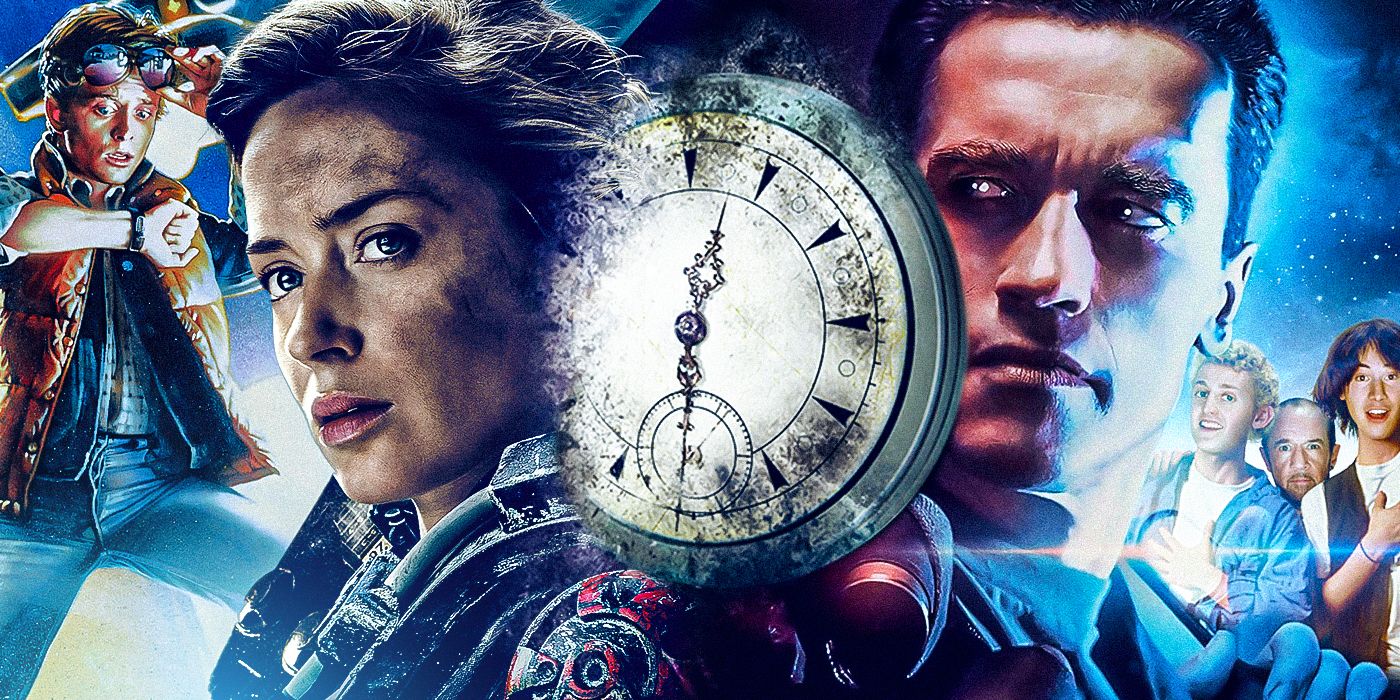





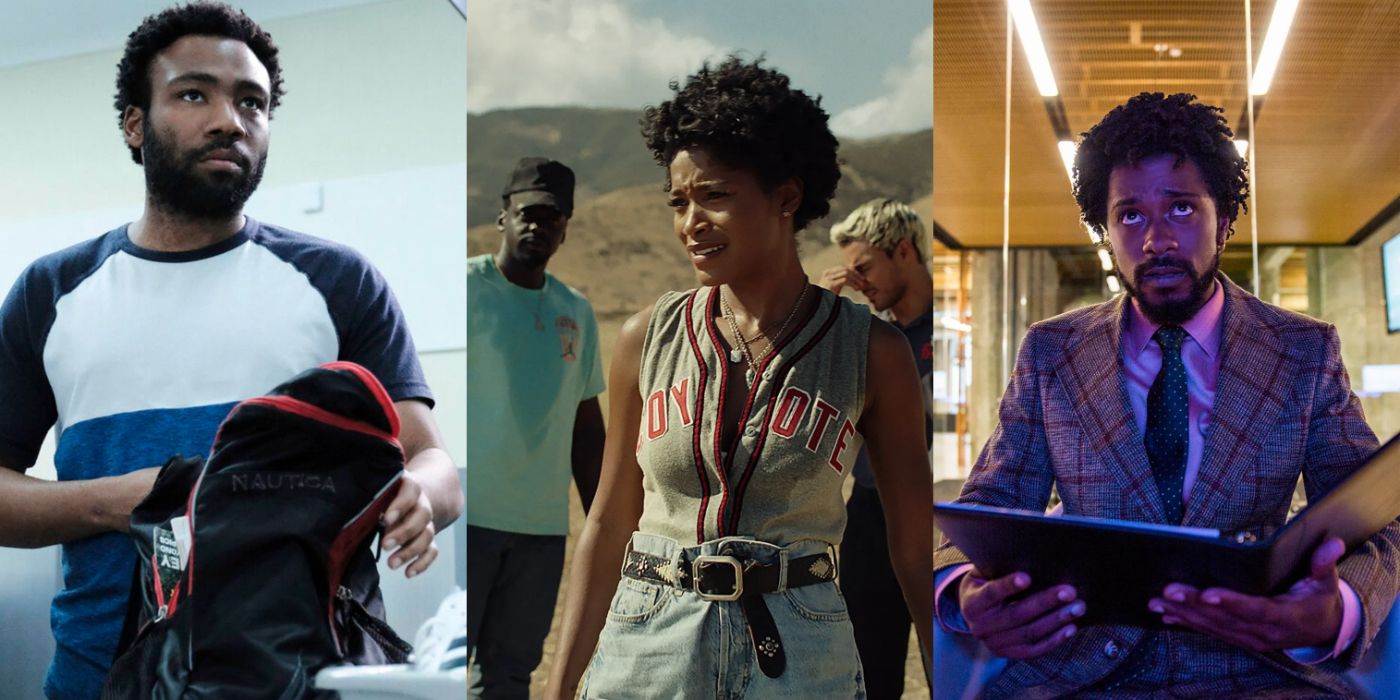


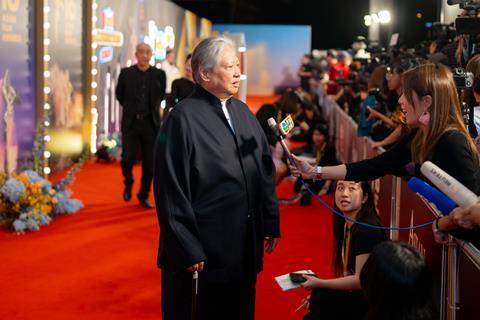







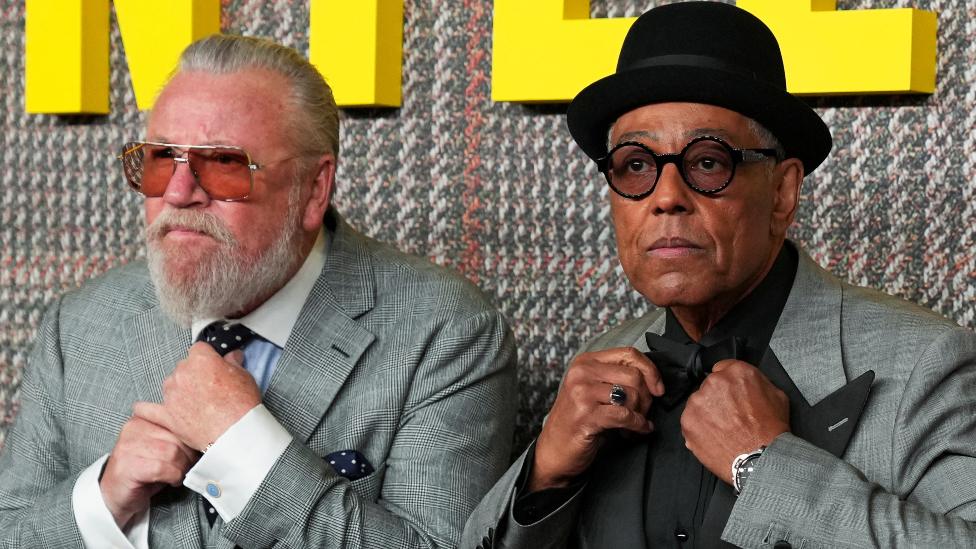

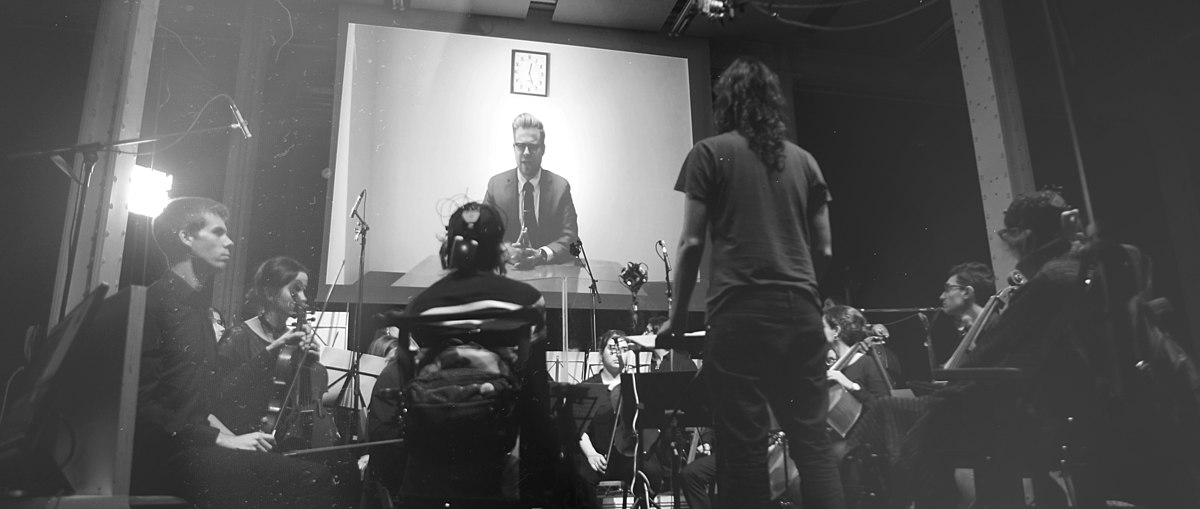
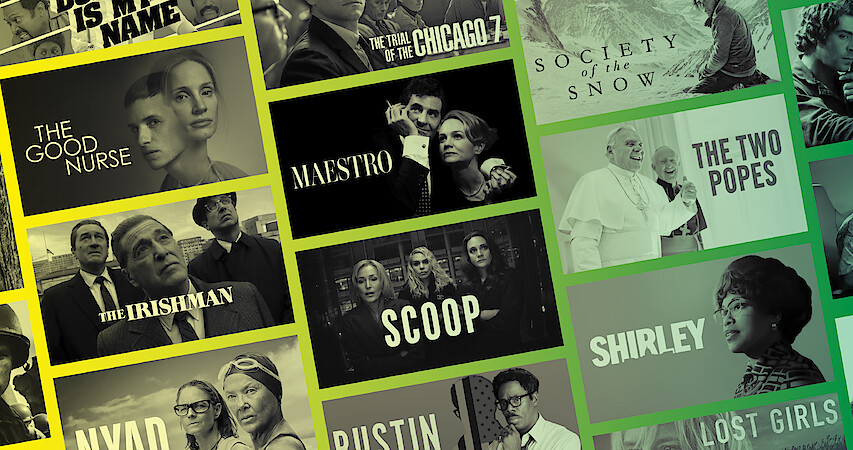
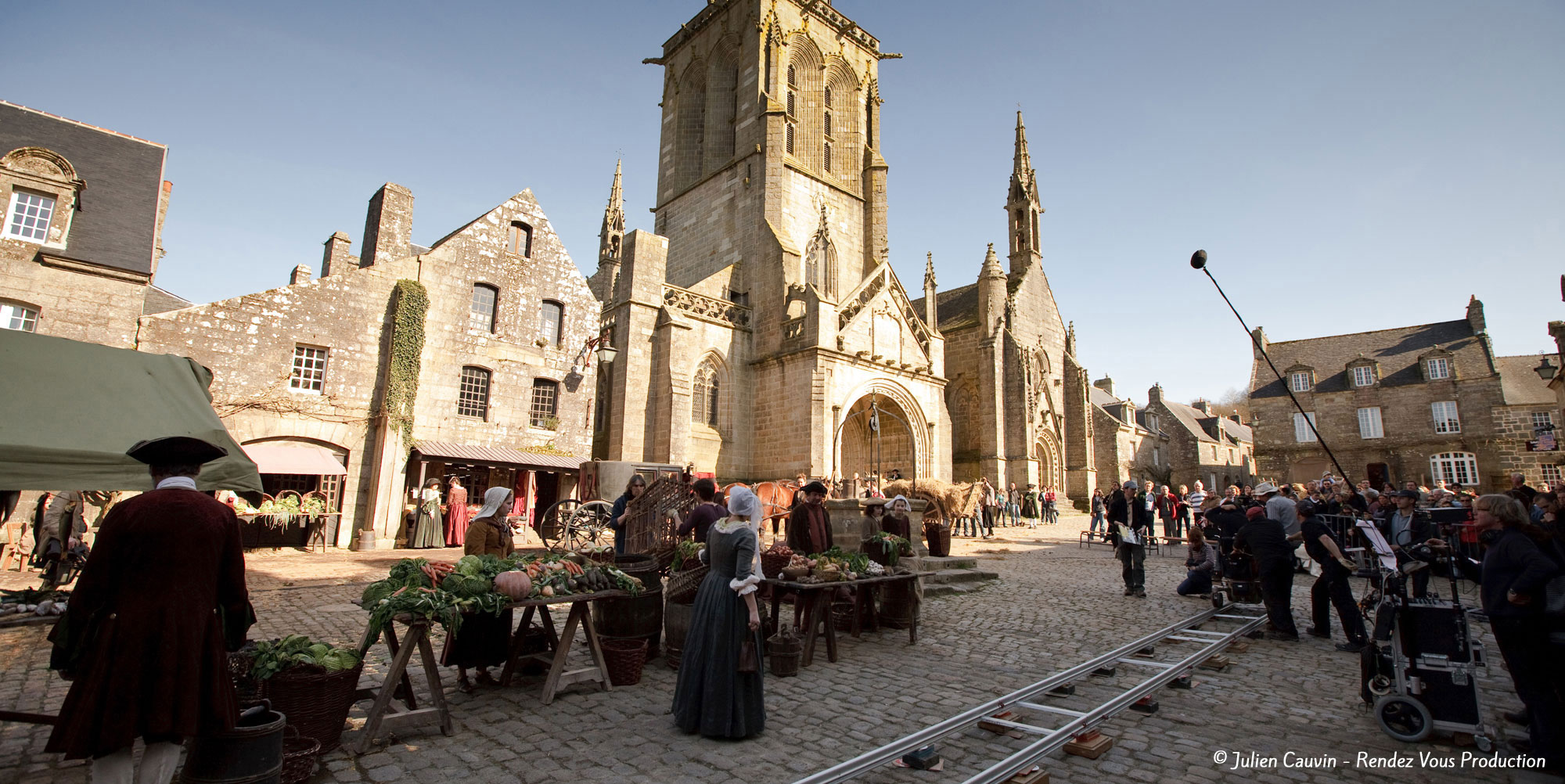
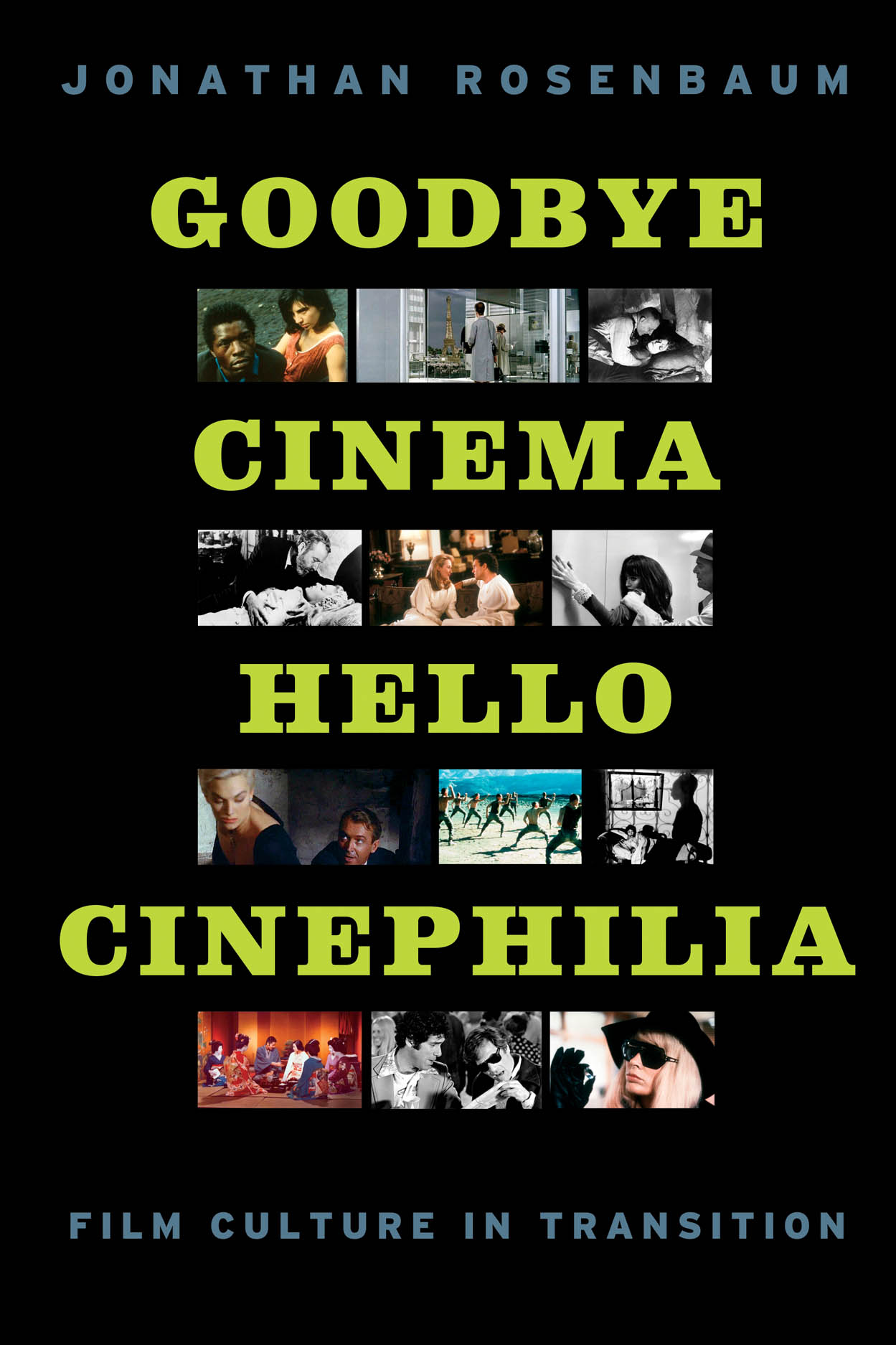

Comments